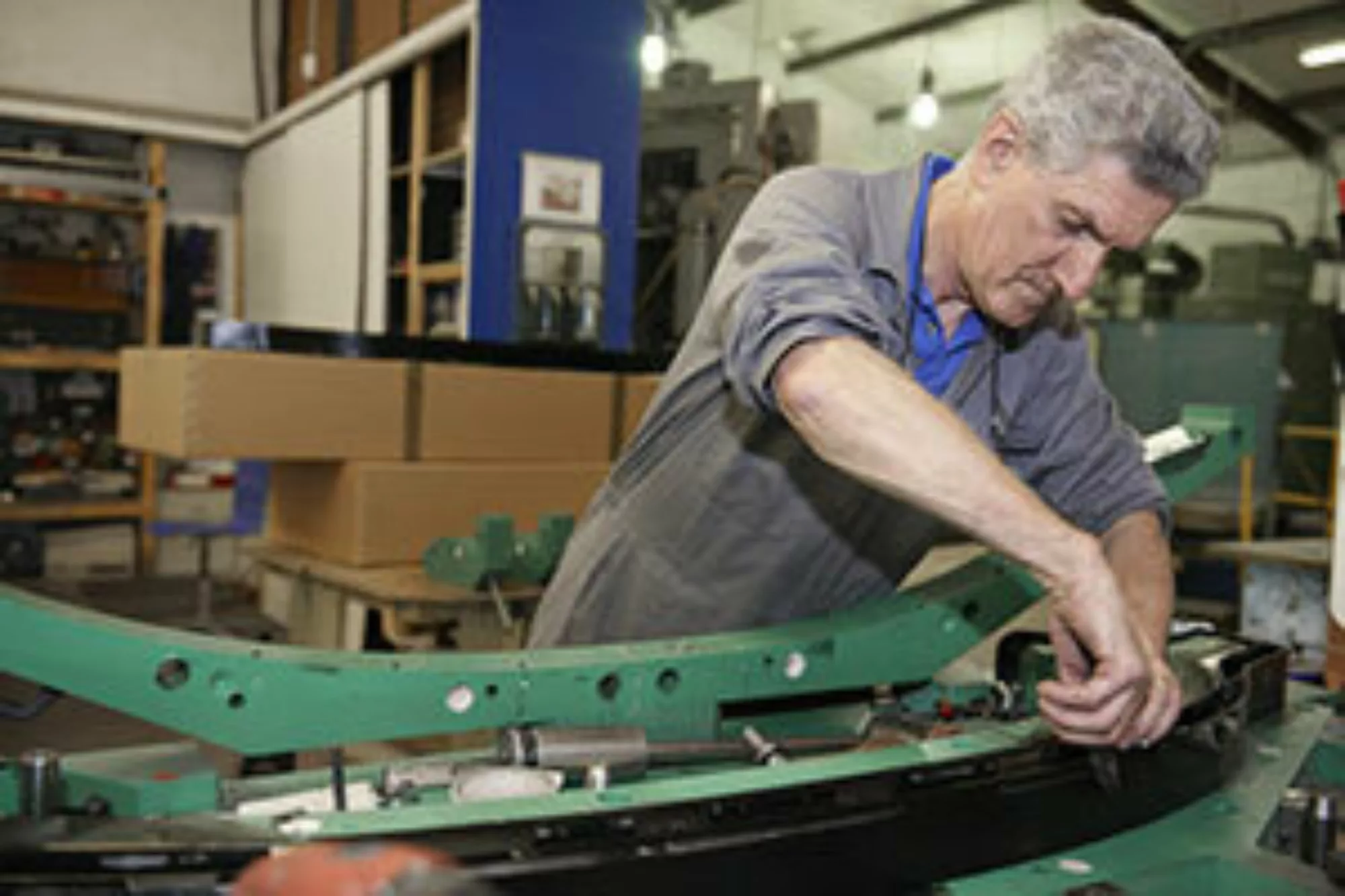
Repetitive Work Activity can Lead to Ill-Being
Part of the job of the Illinois Workers’ Compensation Commission is to determine if a worker’s condition of ill-being resulted from work. Often a person’s condition of ill- being has what is called an insidious outset. An insidious onset occurs where a person’s condition worsens over time through no apparent cause. The person’s body is simply wearing out. Often a worker’s condition of ill-being is, in part, a result of work activity over time. The law does not require that the work activity be the sole cause of the worker’s condition of ill-being. The work activity does not need to be the most significant causative factor of the worker’s condition of ill-being. The work activity merely needs to be a cause of the worker’s condition of ill-being.
An important piece of evidence
So how does the Illinois Workers’ Compensation Commission decide if a worker’s condition of ill-being is work related, or simply from an insidious onset? An important piece of evidence is the medical record from the injured worker’s first medical visit. This piece of evidence is important because almost always the worker/patient will fill out a form, at this first visit, which asks if the worker/patient’s condition of ill-being is from an injury, and if so, what caused the injury. The Illinois Worker’s Compensation Commission will look at this form to see what the worker believed about the injury and its cause.
If the injury was sudden and traumatic the answer to the medical questionnaire is easy. The worker simply states this is what happened and when. It is not so easy if the condition of ill-being was the result of repetitive work activity. The worker/patient can honestly answer the medical questionnaire in several ways, not all of which will direct the Illinois Workers’ Compensation Commission to find the worker’s condition of ill- being to be work related.
The first question asks the worker/patient if his condition is from an injury. The dictionary defines “injury” as “the fact of being harmed or damaged”. Under this definition, an injury does not need to be from a sudden event. An injury can be something that damages the worker’s body slowly over time. If the worker/patient only believes an injury to be something which occurs suddenly and answers “no” to question it is unlikely that the Illinois Workers’ Compensation Commission will find the worker’s condition of ill-being to be work related.
The worker/patient will also be asked what caused the condition of ill-being. What if the worker/patient’s job required that he lift between 25 to 75 pounds daily? The worker/patient has done this job for years and often comes home after work with an achy back. Then one day the worker/patient comes home form work with his usual back ache, goes to bed and in the morning his back pain is so sever he can hardly walk. Later he is diagnosed with a lumbar herniated disk.
When asked was caused his injury the worker/patient can honestly answer the question in several ways, only one of which will direct the Illinois Workers’ Compensation Commission to find the worker’s condition of ill-being work related. The worker/patient can say that he does not know what caused the injury. This really is a medical question for the medical professionals. But the question is asking what the injured worker/patient believes, not what medically is feasible. The worker/patient can say the pain got really bad getting out of bed in the morning. Here the worker/patient is really saying when he felt the pain not what caused it. The worker/patient can say that years of heavy lifting at work contributed to his back pain and everything tightened up while sleeping. It is this last answer which will direct the Illinois Worker’s Compensation Commission to find the worker’s condition of ill-being to be work related.
So be careful when answering medical questionnaires. The answers will be viewed as critical pieces of evidence by the Illinois Worker’s Compensation Commission.